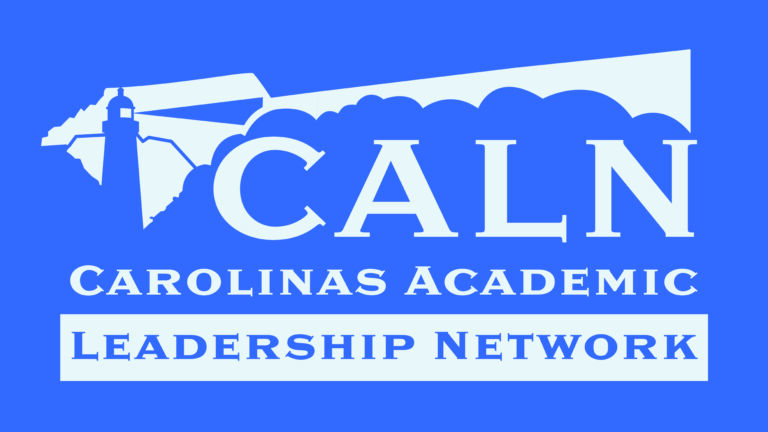K-12 Reform and the Future of South Carolina

Editor
PPI was honored to have an opportunity to bring Dr. Matt Ladner to testify at a recent South Carolina Senate hearing on the scholarship program.
Below is his testimony:
I had the opportunity to testify at the South Carolina Senate yesterday in Columbia. The State ran an article about the hearing which focused on a new scholarship tax credit program for children with disabilities. The main point that I tried to make was that public education is a permanent feature of American life, but the need for improvement in public education qualifies as desperate. So for example, the South Carolina Constitution enshrines public education with the following proviso:
Article XI, Section 3:
The General Assembly shall provide for the maintenance and support of a system of free public schools open to all children in the State and shall establish, organize and support such other public institutions of learning, as may be desirable.
Public education is not only protected by state constitutions, it enjoys widespread public support, making it a permanent feature of American life.
South Carolina and other states need to improve public education outcomes with dispatch. One of the charts I shared with the committee:

You, dear reader, will of course recall our discussion of dependency ratios from a previously thrilling EdFly episode. Basically you add the number of young people and old people, divide it by the number of working age people. Just to make things neat, they multiply the figure by 100.
So in broad terms you want to measure the number of people likely to be consuming state services (like K-12 and health care) by the number of people currently working and thus paying for such services. A number of caveats apply for painting with this broad brush, but roughly speaking dependency ratios measure the number of people likely to be pushing on the cart compared to the number likely to be riding in the cart at any given time.
So now that we have that all sorted out, let’s just throw it out there that the dependency ratio jumping from 55 to 79 between 2010 and 2030 represents a major challenge. It will require South Carolina lawmakers to make changes across a broad spectrum of policy areas-including K-12. The need to make K-12 improvements is nothing short of urgent.
In the 2011 NAEP, 27% of South Carolina 8th graders scored Proficient or Better in 8th grade reading, and 28% scored Below Basic. Among Black 8th graders, 11 percent scored Proficient or Better, and 44% scored Below Basic. This Class of 2015 will be pushing the cart in 2030, or at least trying to do so. It would be a really good idea to teach them how to read, as in right now if we are hoping to work this out.
A big part of getting this to work out will be a more effective and cost-effective K-12 system. Powerful political forces have a strongly misguided preference for the status-quo. Current practices and results do not match either American ideals or with the needs of the nation. Public education is a permanent feature of American life, but dysfunctional schooling represents a destructive luxury which we can ill afford to continue.
Parental choice programs have a demonstrable record of improving academic outcomes at the same or lower cost. Josh Cunningham from NCSL, who also testified before the Senate panel, for instance noted that the DC Opportunity Scholarship program improved the graduation rates of participating students by 12%.
Note the maximum value of these scholarships amounted to less than a third of the per pupil funding in the District of Columbia Public Schools. Moreover, we are not in the position to turn our nose up at a 12% increase in high school graduation rates anywhere in this country. I’ll take one third the cost and a 12% increase in graduation rates every day of the week and twice on Sunday before moving on to find other sources of improvement.
More effective and more cost effective must be the driving goal in efforts to improve public education. Parental choice programs represent a crucial decentralized mechanism to achieve these goals. We need to get on with it.
About the author
Dr. Matthew Ladner
@MatthewLadner
Dr. Matthew Ladner is the Senior Advisor of Policy and Research for the Foundation for Excellence in Education. He previously served as Vice President of Research and Goldwater Institute. Prior to joining Goldwater, Dr. Ladner was director of state projects at the Alliance for School Choice. Dr. Ladner has written numerous studies on school choice, charter schools and special education reform. Most recently, Dr. Ladner authored the groundbreaking, original research Turn and Face the Strain: Age Demographic Change and the Near Future of American Education, outlining the future funding crisis facing America’s K-12 public education funding. He also coauthors the American Legislative Exchange Council’s annual Report Card on American Education: Ranking State K-12 Performance, Progress and Reform. Dr. Ladner has testified before Congress, the United States Commission of Civil Rights and numerous state legislative committees. He is a graduate of the University of Texas at Austin and received both a Masters and a Ph.D. in political science from the University of Houston. Dr. Ladner is a Senior Fellow with the Foundation for Educational Choice. He lives in Phoenix, Arizona.






